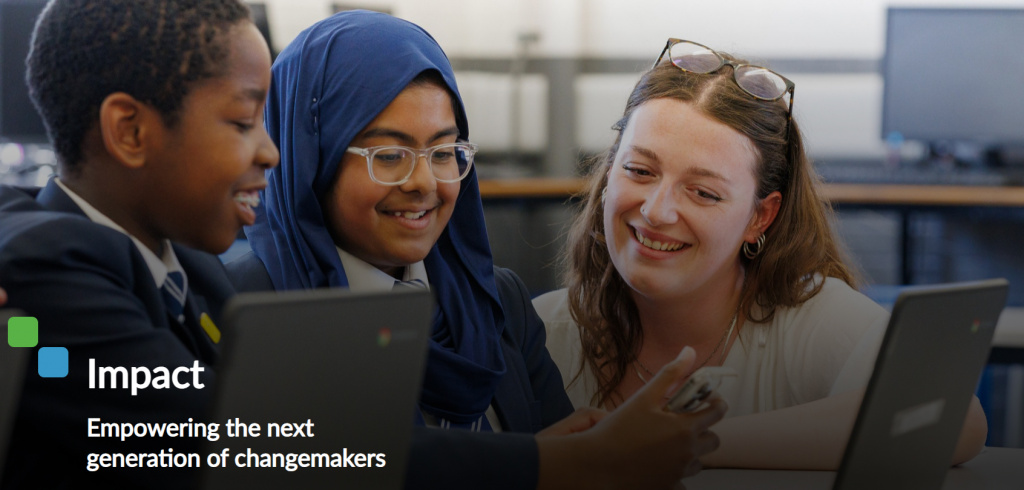
Every year, primary and secondary schools deliver Apps for Good to a new group of learners. The charity provides the course content, training for teachers and access to their network of expert volunteers free of charge. Once trained, the young people use their newfound skills to create a mobile, web or social app that can solve a problem close to their heart.
These often highlight food poverty, climate change and mental health issues. Shortlisted teams present their app at an online Dragons' Den-style event. They pitch to a selected audience which includes industry professionals.
Apps to meet needs
The content is exceptionally varied. I have written about many successful apps over the years and was struck by the variety of themes. Here are a few of the stand-out finalists:
- Stratford Girls’ Grammar School created I’m Okay, an app which offered information and highlighted local services for young lesbian, gay, bisexual and transgender people. They found that young people preferred accessing personal information online rather than face-to-face.
- Budehaven Community School in Cornwall were the winners of the My Planet category of Apps for Good. Surfers travel a long way to indulge their passion but are often disappointed when they reach their destination. One challenge was identifying reliable data and this encouraged them to use social media to update forecasts.
- Cattle Manager was created by three boys at Wick High School. One team member came from a long line of farmers and helped with his family’s herd. Together the team came up with an app that solved the problem of farmers wasting time and energy on paperwork.
- At Geares Primary School in Redbridge, 82% of children are second language learners. The Apps for Good team made a fun, user-friendly app in English, Romanian, French, German and Spanish. It helped children to learn some basic language, feel more confident in English and share their own language with others.
- Five boys from Denbigh High School won The People's Choice vote one year with Who Cares? The app was aimed at schoolmates and others who act as carers for someone in their family. The boys were surprised to find that no one else had created an app for young carers. These children may be socially isolated but will likely have access to a phone and social media. They researched the need and sparked interest from Richard Branson.
You might imagine that with young people engaged in such exciting projects, computing would be a popular subject in schools. But this is not so. In October 2020, the Future of Jobs Report from the World Economic Forum issued a warning. They said: 'By 2030, 77% of jobs will require digital skills'. Here we are, four years on. Now, research by The Prince's Trust tells us that 37 % of young people across the UK do not have the digital skills to get a good job.
(Decoding the Digital Skills Gap, August 2024). Employers, parents and educators agree. The Pearson Schools Report in July 2024 showed that 60% of educators believe that, 'today’s education system does not set pupils up with the skills needed to thrive,' and a mere 7% believe that there is 'enough digital emphasis to prepare learners for their futures.'